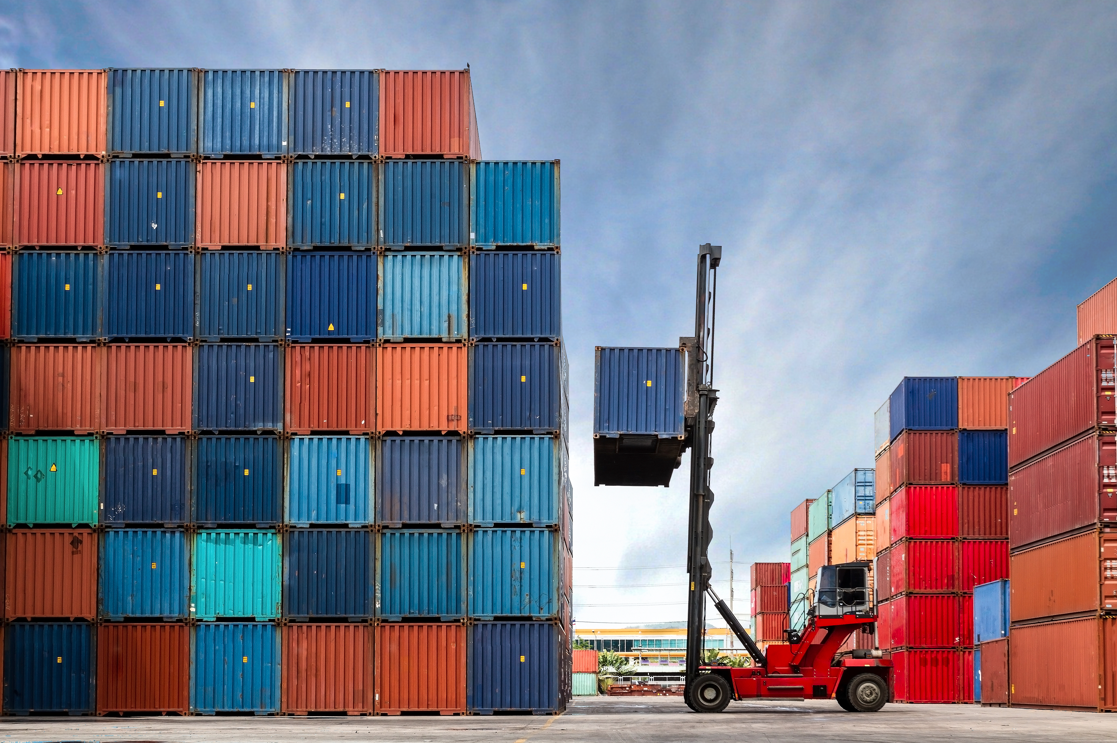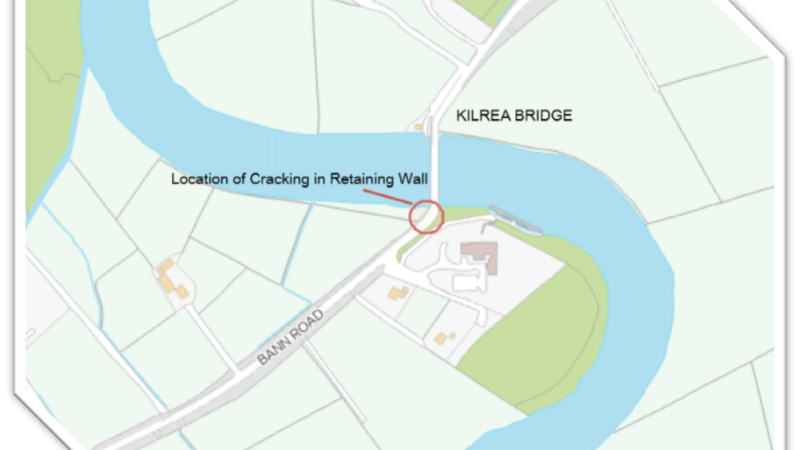Nine out of 10 NI firm face supply chain challenges

Nine out of 10 firms in Northern Ireland have faced supply chain problems such as increased shipping costs since the end of the Brexit transition and the start of the NI Protocol, according to a new report.
Research published by the NI Chamber and economic development agency Invest NI also found that two in three have faced increased paperwork, while two out of five businesses had experienced HGV driver shortages.
Meanwhile, shipping container costs were higher for firms in Northern Ireland than others in the rest of the UK, with 84% of businesses in Northern Ireland dealing with increased costs.
Just under 90% were reporting increases in the time it takes to transport goods to or from overseas.
The Brexit: One Year On report also found that firms were fairly well-informed about the NI Protocol, which has effectively left Northern Ireland in the EU single market following Brexit and introduced a border in the Irish Sea.
Nearly all the 107 NI firms surveyed knew at least something about the Protocol, with half saying they knew it in detail. Just over 60% of firms were aware of the Trade and Co-operation Agreement between the UK and EU but very few knew any detail about it.
Research into firms elsewhere in the UK by the British Chambers found that only 12% knew about the Protocol in detail and one third had either only heard of the protocol or never heard of it at all.
Ann McGregor, chief executive of the NI Chamber, said: “The last 12 months have brought substantive changes for exporters and this report brings into sharp focus the serious issues they are facing with regards to supply chain difficulties and additional paperwork.
“Issues with additional red tape must be resolved and NI Chamber continues to work closely with the NI Executive, UK and EU negotiators on this issue.”
She said the new post-Brexit trading arrangements had also brought disruption for firms in Great Britain. “However, the findings suggest that the cost pressures that have been placed on local businesses are more acute, which potentially places them at a competitive disadvantage.”
The research also found firms here were more likely to have expansion and investment plans, with 46% planning to grow in markets here and Great Britain.
Just over 40% of exporters had plans to grow in the Republic or other EU markets, compared to just 17% in Great Britain.






